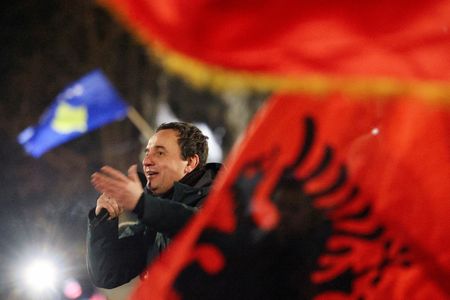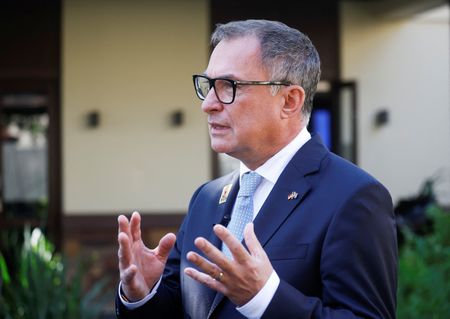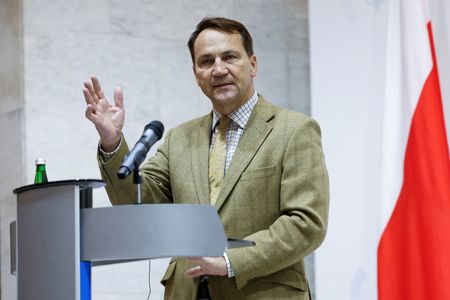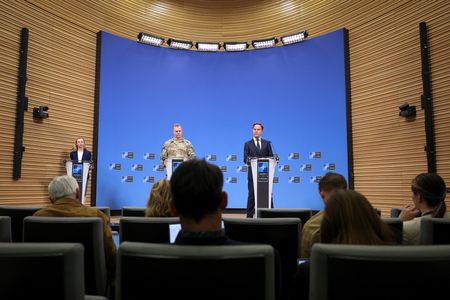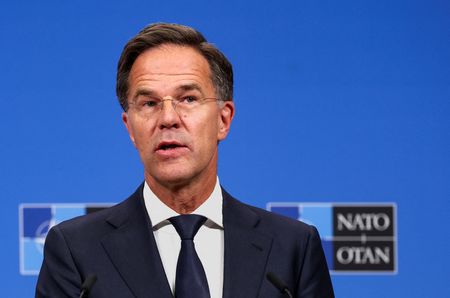PRISTINA (Reuters) -The United States has suspended a dialogue on strengthening economic and diplomatic ties with Kosovo over concerns that some moves by the caretaker government have stoked “tensions and instability”, the U.S. Embassy in Pristina said on Friday.
The embassy did not specify which moves had prompted the decision but Washington has previously accused Prime Minister Albin Kurti of exacerbating tensions in Serb-majority northern Kosovo and delaying the creation of new institutions after a parliamentary election in February.
“The United States has indefinitely suspended its planned Strategic Dialogue with Kosovo due to concerns about caretaker government actions that have increased tensions and instability,” the U.S. Embassy’s statement said.
“Recent actions and statements by Caretaker Prime Minister Kurti have posed challenges to progress made over many years,” it added.
In response, Kosovo’s government said it was committed to peace and stability in the region.
“We also welcome criticisms. Whenever they are concrete, we make every possible effort to improve and correct our actions,” it said in a statement.
The U.S. has been the biggest supporter of Kosovo both politically and financially, and the decision to suspend dialogue marks a new low in bilateral relations.
The European Union, which Kosovo hopes to join, imposed sanctions on the country in 2023 for stoking ethnic tensions in the Serb-majority north.
It has urged Pristina to establish an association of Serb municipalities to allow greater self-governance for Serbs. Fearing secession, Kurti has rejected the proposal and instead sought to erode Serbs’ autonomy in the north.
Kurti’s Vetevendosje party won the February 9 parliamentary election but failed to secure an outright majority and has been unable to find a coalition partner to form a new government.
Kosovo declared independence from Serbia in 2008, nearly a decade after NATO bombing drove Serb forces out of its territory.
The 50,000 Serbs who live in northern Kosovo do not recognise Pristina’s institutions. Most see Belgrade as their capital and rely on it for wages, pensions and healthcare.
(Reporting by Fatos Bytyici; Writing by Ivana SekularacEditing by Gareth Jones)

